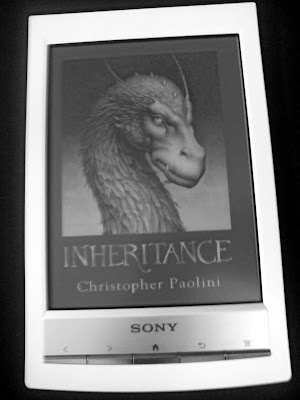Oftentimes we come across people who claim that their life would've been so much better if they just got that one thing. In this mindless pursuit of "that one thing", rarely do they appreciate what they actually have! As Oscar Wilde articulately puts it, "Most people are other people." And this approach of doing everything just like other people do is exactly what the 500 Government Aided Deaf Schools across the country follow when it comes to schooling the deaf - using an oralist approach for people whose world is devoid of sound. It seems ridiculous, doesn't it? I mean how can one even think of teaching a deaf person using something that he has never felt and can never feel?! But that's the crude reality of it - the video (at 01:30) demonstrates the vulgarity of the approach. And as Ruma Roka puts it, that's really one of the reasons why the deaf eventually came to be treated as 'Deaf and Dumb', both literally and metaphorically.
But wait! Who is Ruma Roka and why do I mention her? She is the one who has made it her life to prove otherwise - the woman who founded the Noida Deaf Society with the motto, DEAF BUT NOT DUMB. In the Franklin Templeton Investments partnered TEDxGateway Mumbai in December 2012, she talks about the need for accepting this diversity in a land where 66.733 million people are deaf (Source: Situation Review and Update on Deafness, Hearing Loss and Intervention Programmes by WHO, December 2007). The deaf learn through visuals in a much better way. This is what the Noida Deaf Society set out to accomplish - creating training modules for the deaf to empower them to step onto the vistas of the professional world. And they've come a long way in their journey. From a batch of 5 students, they now train more than 300 students each year.
It's quite humbling when you actually put yourself in a deaf man's shoe for a minute. In this world of constant discussions, conversations, speeches, how alienating would it be to devoid of sound? We pride ourselves on our unity in diversity, but people actually shy away from you when you're not as they are, when you don't fit into their mental model; basically when you're different. But thats hardly how Roma takes it; in fact she says its this cut-off from noise due to which the deaf perform their tasks with much more sincerity. This selfless dedication to the cause has driven this woman to empower an unheard and unspoken-of generation. For the hundreds of deaf people that now lead a life of value and dignity thanks to her efforts, Roma is the sound of music.








